Why Does Alcohol Cause Night Sweats

This medication is often prescribed in addition to other medications to manage your condition. In other words, alcohol tends to move heat to the perimeter of your body—making you feel warmer, while the core of your body is actually cooling down. Join 40,000+ People Who Receive Our Newsletter Get valuable resources on addiction, recovery, wellness, and our treatments delivered directly to your inbox. These night sweats can be unsettling and disruptive to sleep patterns, requiring attention and understanding.
Lifestyle Quizzes
That’s because the rest of the alcohol will get broken down via oxidation, which breaks the toxins into smaller parts called diacetic acid, which smells like vinegar. Another serious cause of alcohol-induced sweat is alcohol intolerance. No, this isn’t the same as building up a tolerance to alcohol. Most likely, your body is working overtime to metabolize all the alcohol you just put into it. If so, you’ve experienced the unpleasant phenomenon known as alcohol sweats. Sweat is crucial for keeping our bodies cool, but sweating can be uncomfortable when you’re trying to sleep.
When to seek help
Symptoms include skin flushing, excessive sweating and gastrointestinal distress. It is commonly seen among women and people of Asian descent. In addition, if you experience night sweats due to alcohol consumption, it may be a sign of alcohol addiction. If you believe you may be struggling with an alcohol use disorder or alcohol abuse, seek medical advice. If you experience night sweats that are not due to alcohol consumption, it is essential to seek medical attention.
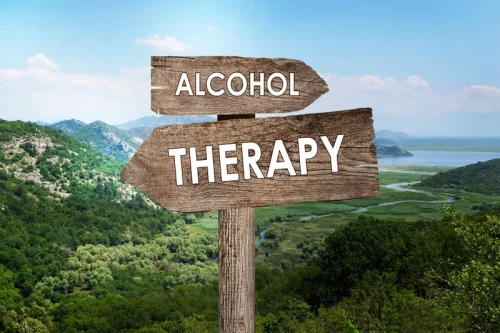
Does Physiological Dependence Mean You’re Addicted to Alcohol?
- Drinking can increase your heart rate and widen blood vessels in your skin.
- To keep health risks from alcohol at a low level, it’s important to follow the guidelines.
- If you are concerned that you have become too dependent on alcohol, consult your doctor.
- A common cause of sweating after drinking is due to alcohol withdrawal.
- For many, this precedes a stay in one of our leading rehab centres located across the UK.
Excessive drinking combined with the cold can lead to hypothermia, which occurs when your body temperature does alcohol make you sweat drops so low that it causes a cardiac arrest. A study7 of hypothermia and alcohol poisoning in adolescents found that in winter 26.6% of the intoxicated subjects experienced mild hypothermia. In summary, your body may actually produce some extra heat while you are drinking, but most of this finds its way to the surface of your skin or your extremities. This is why you may feel hot, and even sweat profusely when you drink alcohol. One study of alcohol’s effects on body temperature showed that sweating and the sensation of heat increased significantly 10 minutes after consuming alcohol.
Why do I sweat after alcohol? Understanding night sweats
Drinking heavily and in excess over a long period changes brain chemistry. This results in alcohol dependence, or alcohol use disorder (AUD), which means the body has become physically dependent on alcohol. Heavy drinking results in severe intoxication, which may cause vomiting, upset stomach, slurred speech, coordination problems, and severe sweating. Both heavy and moderate drinking can result in night sweats. The other group that may get this skin flushing reaction are people who have an alcohol-related hypertensive disorder.
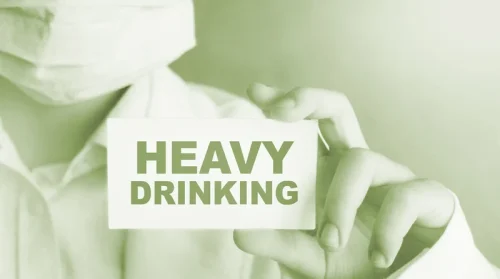
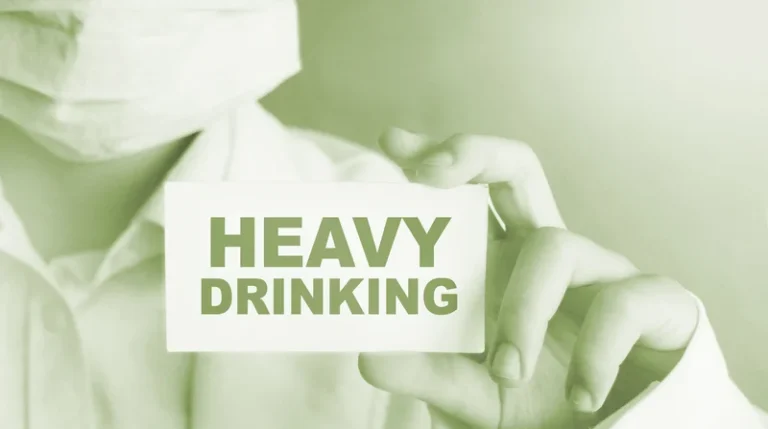
Alcoholic beverages may contain a lot of sugar and this causes a sudden increase in blood sugar levels. The body reacts by releasing insulin, a hormone that reduces blood sugar levels. A spike in insulin levels causes hypoglycemia or low blood sugar and this is usually accompanied https://ecosoberhouse.com/article/alternatives-to-alcohol/ by sweating. Beyond the apparent manifestation of sweating, night sweats may accompany additional symptoms, contributing to discomfort.
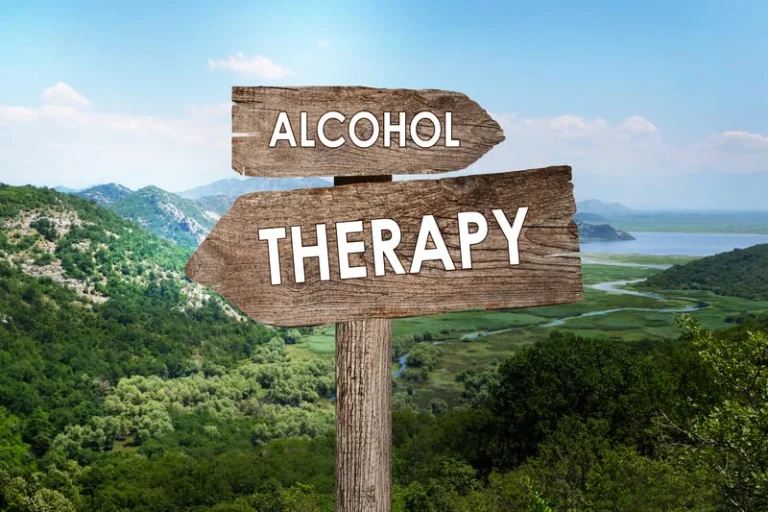
Here are 7 causes why you sweat after drinking alcohol:
Exercising to burn off alcohol is not only ineffective, but it’s also dangerous. It’s Friday night, and you’ve had one too many at your office happy hour. As a first step, we offer a free addiction assessment, where we can develop an understanding of the difficulties you’ve been experiencing and talk you through how we could help. Alternatively, there may be alcohol support services in your local area that you can access without a medical referral.
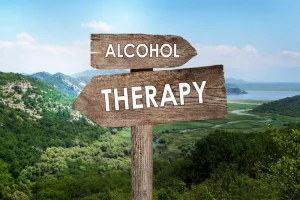
Is Sweating After Drinking Alcohol a Cause for Concern?
If you notice these signs or have concerns about your drinking or any added health problems, speak to a doctor or mental health professional. They can help you determine if there is a problem and assist you in finding healthcare treatment programs. If your night sweats are accompanied by other symptoms such as fever, chills, or difficulty breathing, you should seek medical attention immediately.